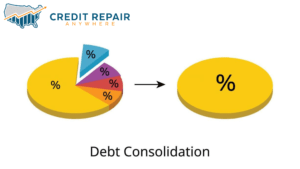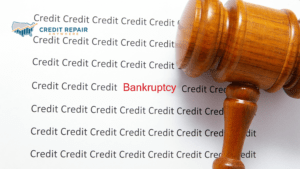A borrower with a “fair” credit score could pay $103,626 more over the life of a 30-year loan compared to a similar borrower with an “excellent” score
Potential buyers considering a home buy one day usually receive the same advice: Try to improve your credit score.
For lower credit scores, home buying is out of the question. However even qualified buyers can pay less per month or opt for a bigger home if they improve their credit score before entering the market.
According to a Zillow analysis, buyers with “fair” credit could be paying up to $288 more on their monthly mortgage payment than those with “excellent” credit.
Rising mortgage interest rates means all homebuyers today can expect to pay around 62% more per month for a typical U.S. home than they would have a year ago. However, monthly increases are, according to the analysis, “exacerbated for millions of Americans with low credit scores or less than perfect credit histories.”
A borrower with an “excellent” credit score (between 760 and 850) can qualify for a 30-year fixed-rate mortgage with a 5.099% interest rate. For the same loan, a similar borrower with a “fair” credit score (between 620 and 639) qualifies for a 6.688% rate. That equates to a $288 difference in monthly mortgage payments and nearly $103,626 in interest over the life of a 30-year fixed loan. The numbers are based on the current price of a typical U.S. home ($354,165).
“If you find you have low credit, take realistic steps to improve your credit score by doing things like disputing possible report errors and paying down as much debt as possible,” says Libby Cooper, Zillow Home Loans vice president. “This could increase the amount of home loan you qualify for.”
Cost to buy a typical U.S. home based on FICO credit scores.
Scores – Annual percentage rate
- 760-850 – 5.099 % ($1,538 per month, $553,743 over 30 years)
- 700-759 – 5.321 % ($1,557 per month, $567,739 over 30 years)
- 680-699 – 5.498 % ($1,608 per month, $579,014 over 30 years)
- 660-679 – 5.712 % ($1,647 per month, $592,782 over 30 years
- 640-659 – 6.142 % ($1,725 per month, $620,882 over 30 years)
- 620-639 – 6.688 % ($1,826 per month, $657,369 over 30 years)
There is one fairly new exception to the credit score rules, however: Fannie Mae and Freddie Mac, which back over half of all U.S. mortgages, also consider on-time rent payments with borrowers’ permission. Many people have thin credit, usually because they don’t use enough credit services to create a credit score.
Going forward, these people won’t find that it improves their credit score, but if lenders agree to consider on-time rent payments, it could possibly net them a lower interest rate, which would translate in a lower monthly payment and lower 30-year cost.



